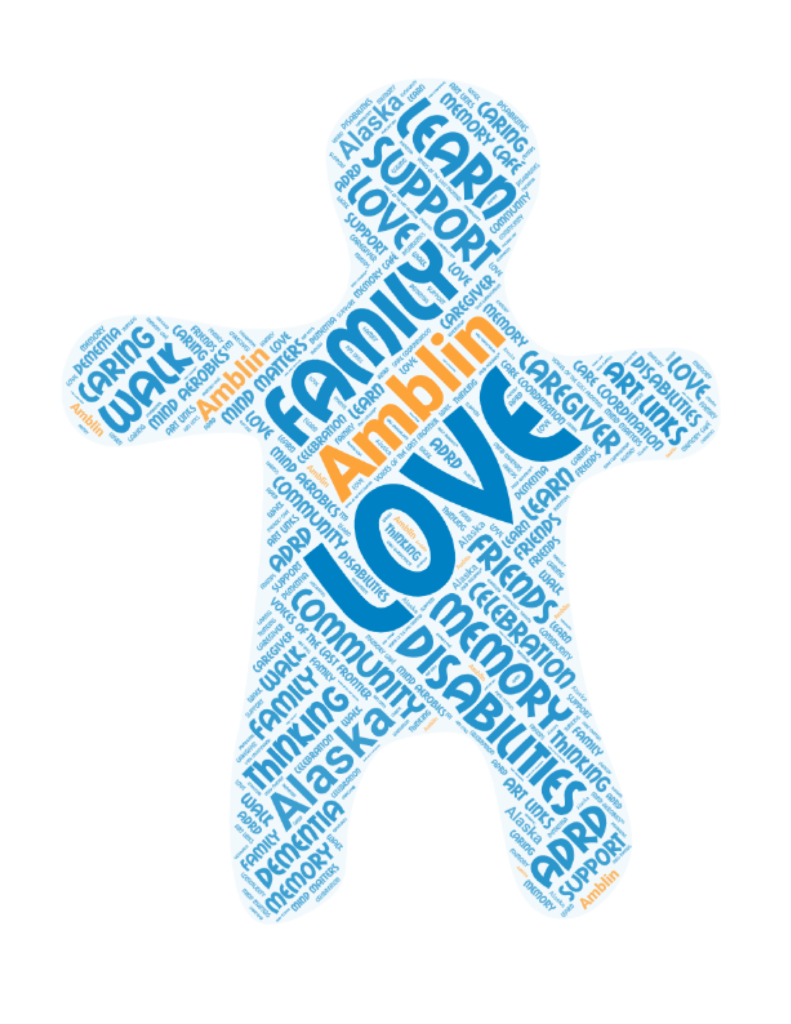Combativeness

Restlessness, agitation, striking out, and outbursts are usually brief, although at the time it doesn’t seem that way. Unfortunately, this type of behavior is sometimes a distressing consequence of many of the dementias.
The most important rule to remember is to remain calm and in control. Try to determine the cause of the agitation.
Ask yourself the following questions:
- Are there any underlying medical problems?
- Has frustration over something caused the outburst?
- Has there been a change in the environment? Did furniture move around?
- Has there been a change in daily routine?
- Is the individual physically uncomfortable for any reason?
- What is he/she trying to communicate to you?
It’s up to you to discover (if possible) the cause and to find a workable solution.
Routine
Routine can’t be stressed enough! It’s challenging for persons with progressive dementias to cope with change. It’s up to you to control the environment for him or her.

Diversion can be a useful tool if you anticipate agitation. Divert his or her attention to listen to a bird outside the window, a song on the radio, or go for a short walk.
Reinforce his or her sense of security; a touch of the hand may do the trick. If they become aggressive or threatening, be sure you are safe.
Put yourself in that person’s shoes for a moment. Imagine how frustrating it must be to be locked in a world of confusion! How might you react? What would make your confused world a little easier to cope with?
It is important to anticipate frustrating situations before they occur. Provide your loved one with simple, clear explanations of what’s happening while providing a sense of security. Above all Remain Calm. Slow your speech. Take a few deep breaths.
Each and every situation is unique, individual and special. Be creative and open to opportunities.
It’s difficult to cope with combative and agitated behavior when you are exhausted. Make sure you allow yourself some free time–take a break on a regular basis.
If possible consider respite services, adult daycare, family members, friends and neighbors who understand the situation and can handle it. Step in to offer support.
There are some situations where outbursts are frequent and/or intolerable. Medication may be the answer; however, be aware of any adverse side effects. Check with your physician and follow his or her recommendations.
How we can help
- Individual and family consultations.
- Caregiver support groups by telephone or video conference (a great way to learn about local resources)
- Community Resource Guides or setup a consultation for further community referrals.
- Brochures and handouts
- Lending library and recommended books/videos/websites
- Educational programs, seminars and state-wide webinars on relieving stress for caregivers, family consultations, financial and legal planning, and Savvy Caregiving and more.
- Printable Fact Sheets
- Care coordination services
- Assistance to find respite services, chore services, or consumer-directed personal care attendant services.
- Mini-grant funds for items that will help your loved one
Related Resources
Alzheimer’s and Dementia Info Pages
- 10 Steps in Planning for the Future
- 10 Warning Signs
- About Alzheimer’s Disease
- About ADRD
- Activities for Adults with Dementia
- Assisted Living Homes
- Caregiver Checklist
- Combativeness
- Communication Tips
- Diagnosis
- Dining & Dementia
- Driving and Dementia
- Introducing Services
- Treatment & Medications
- Medications & Dementia
- Normal Aging vs. Alzheimer’s
- Prevention
- Strategies for Wandering
- Stages and Symptoms
- Talking with Children about Alzheimer’s
- Traveling with Alzheimer’s
 Make a Payment
Make a Payment



